
Learn the tricks to prompting Claude3 Opus with expert prompting tips and techniques. Improve your Claude3 AI interactions today!

Claude is a next generation AI assistant built for work and trained to be safe, accurate, and secure.

Experience coding with Open Interpreter, the leading open-source tool for seamless AI code execution and natural language processing on your device.

Uncover the core technical challenges in Large Language Models (LLMs), from data privacy to ethical concerns, and how to tackle them effectively.
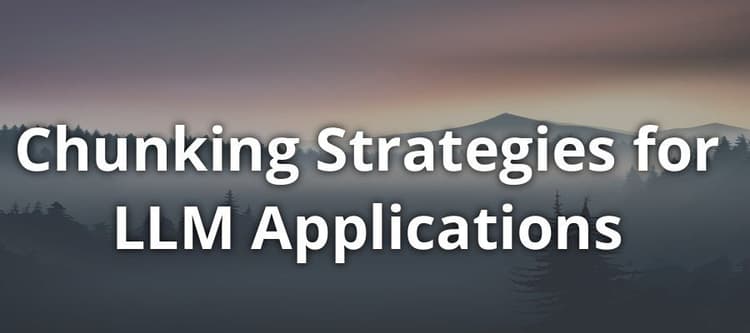
Explore advanced techniques for chunking in LLM applications to optimize content relevance and improve efficiency and accuracy. Learn how to leverage text chunking for better performance in language model applications.

Learn how to harness the potential of Phixtral to create efficient mixtures of experts using phi-2 models. Combine 2 to 4 fine-tuned models to achieve superior performance compared to individual experts.
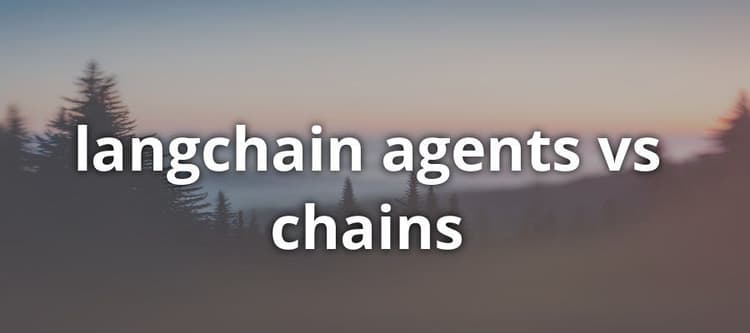
Explore the fundamental disparities between LangChain agents and chains, and how they impact decision-making and process structuring within the LangChain framework. Gain insights into the adaptability of agents and the predetermined nature of chains.

Discover the potential of multi-task instruction fine-tuning for LLM models in handling diverse tasks with targeted proficiency. Learn how to refine LLM models like LLaMA for specific scenarios.

Explore the concept of scaling laws and compute-optimal models for training large language models. Learn how to determine the optimal model size and number of tokens for efficient training within a given compute budget.

Discover LLM use cases and tasks and the wide range of industries and applications benefiting from the power of Large Language Models (LLMs)

Learn how to effectively use Jinja prompt engineering templates to optimize GPT prompt creation. Explore best practices and techniques for transforming prompts and templates.

Explore the groundbreaking capabilities of Microsoft Phi-2, a compact language model with innovative scaling and training data curation. Learn more about Phi-2.

Learn how to fine-tune GPT-3.5 Turbo for your specific use cases with OpenAI's platform. Dive into developer resources, tutorials, and dynamic examples to optimize your experience .

Transformer models are a type of neural network architecture that learns from context and thus meaning by tracking relationships like words in a sentence. Transformers have accelerated the latest models in AI.
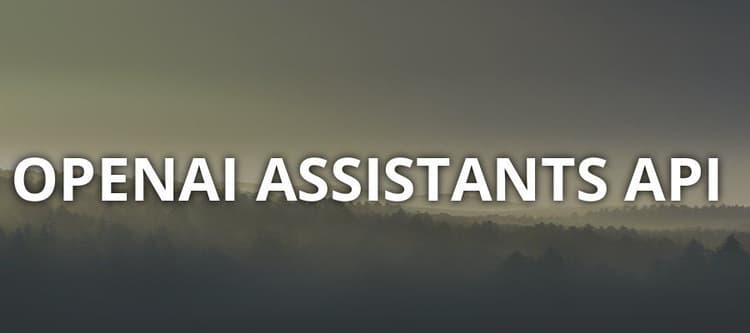
The OpenAI Assistants API is a robust interface designed to facilitate the creation and management of AI-powered assistants.
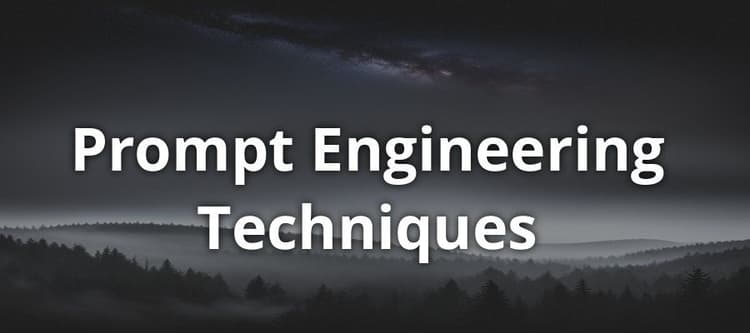
Prompt engineering is a critical discipline within the field of artificial intelligence (AI), particularly in the domain of Natural Language Processing (NLP). It involves the strategic crafting of text prompts that effectively guide LLMs

Reinforcement Learning from Human Feedback (RLHF) involves the integration of human judgment into the reinforcement learning loop, enabling the creation of models that can align more closely with complex human values and preferences

Prompt-tuning is an efficient, low-cost way of adapting an AI foundation model to new downstream tasks without retraining the model and updating its weights.

Learn about Mixtral-8x7b from the Mistral AI. Learn about its unique mixture of experts architecture, 32k token context and what sets it part from other language models.

Unlock the power of fine-tuning cross-encoders for re-ranking: a guide to enhancing retrieval accuracy in various AI applications.

Learn about generating synthetic datasets for Retrieval-Augmented Generation (RAG) models, enhancing training for improved text generation and context awareness.

Discover ReAct LLM Prompting: a novel technique integrating reasoning and action for dynamic problem-solving with Large Language Models.

Explore Tree of Thoughts Prompting: a cutting-edge framework enhancing Large Language Models like GPT-4 for complex, multi-step problem-solving

Dive into the nuances of chain of thought prompting, comparing techniques and applications in large language models for enhanced AI understanding

Learn how to effectively utilize GPT's function calling capabilities to integrate chatbots with external systems and APIs, opening up new possibilities for AI-powered applications.

Discover key strategies for maximizing LLM performance, including advanced techniques and continuous development insights.
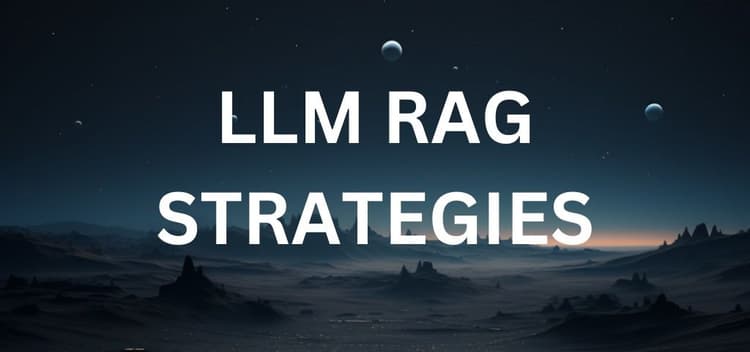
Discover Retrieval Augmented Generation (RAG): a breakthrough in LLMs enhancing accuracy and relevance by integrating external knowledge